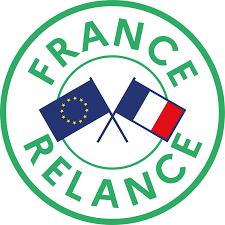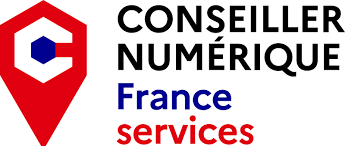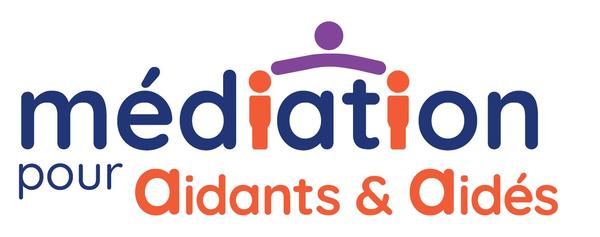Families
• Boomering
The name Boomering is a reference to the boomerang. As of today, a majority of citizens use the internet and social media as their primary sources of information on a daily basis (Ifop, 2019). Whether riding on public transports or sitting on the couch, anyone can stumble across a suspicious informational content as they are scrolling down their newsfeed. They then chose to dismiss it, but the same problematic piece of information comes back further down, presented differently.
This boomerang effect undermines the first principles of online fact checking: multiplying and crossing sources of information.
Mis- and disinformation are inherent risks to online navigation, to the extent of also posing a threat to democracy and citizenship. Seeing one’s child or friend fall for deceiving contents is painful, as it is then impossible to find common ground or even have a discussion.
The Boomering project seeks to undermine these effects, though not through news or fact checking, but by designing and disseminating a pedagogical toolbox of 4 tools for both professional and volunteering Educators and parents.
The project aims to :
- Raise awareness : adults and teens are present online on a daily basis, and should thus know how false information spreads online, so that they might know when they are potentially contributing to it and how to stop it
- (Re)establish dialog : false information tends to isolate those who are exposed and adhere to them, making it necessary to find new ways to discuss information
- Be equipped : as internet users, we need to have and promote collective and intergenerational tools to critically receive pieces of information, even when they are reliable.
• Conseillers Numériques
The health crisis has highlighted the particular importance of digital tools for working, teaching, caring or ensuring the resilience of public and private services in an epidemic context. It also confirmed what we already knew: digital technology is set to play an increasing role in our lives as citizens, consumers, workers, learners and parents.
The digital advisors will support you in three priority areas:
- supporting you in your daily use of digital technology: working remotely, consulting a doctor, selling an object, buying online, etc. ;
- raising your awareness of digital issues and encouraging critical and civic-minded use: getting information and learning to check sources, protecting your personal data, mastering social networks, monitoring your children's schooling, etc;
- make you autonomous in order to carry out administrative procedures online alone.
Operation supported by the State as part of the "Conseiller Numérique France Services" plan.


• Médiation pour Aidants & Aidés

This mediation offer between caregivers and assisted individuals is still in its experimental stage. It stems from the well identified need for a third-party to intervene when conflicts arise and soothe relationships between service users and staff or institutions.
Mediators recognise the essential role family caregivers play for society, as well as for the entire care and solidarity system. They seek to provide appropriate support, prevent exhaustion, recreate dialogue and find solutions to situations of potential abuse.
What are possible conflicts Mediation can address ?
- Dealing with Community life or cohabitation issues
- Considering the potential need for a guardianship
- Organising care at home
- Dealing with conflicts between siblings in the context of inheritance
- Finding solutions to a child’s claiming undue power over a parent’s affairs
- Preparing one’s arrival at a care home or any other care facility
- Making sure allowance obligations are met
- Dealing with conflicts that arise in the context of a guardianship

